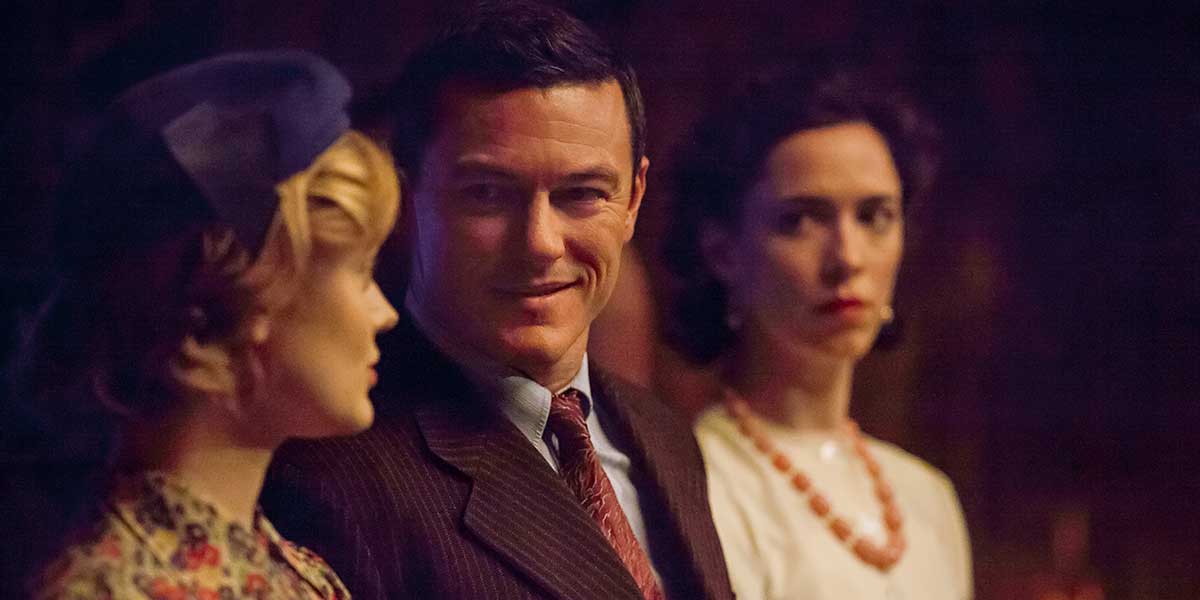As we near the end of 2017, I’m already thinking about goals for next year. One thing I’d like to do is wear more flowy white dresses and bring that whole thing back. I’m looking forward to more predators in Hollywood being flushed out so we can finally start this whole thing over from scratch.
The other thing I want is truly inclusive media.
Growing up, I was enamored with independent cinema as an extension of my obsession with cult film. So I grew up with the idea that that outside the big studios are where the real movies are. My Own Private Idaho and Kids were the cutting edge of cinema that Big Hollywood was afraid of. I was told not to expect much from the corporate machine. They can’t even get race right within their own ranks, how are they going to deal with anything else? That made me feel very connected to the underground but after a while I thought, it does suck to have your story thrown into the “experimental” bin as a soft code for “not many people want to see this”. It sucks being told you as a person don’t matter (oh, but your money does).
But this year, I’ve seen a few things that have made me think, “we might be alright from here on out.” The last time I really thought that was when Dee Rees’ debut feature Pariah made a big splash on the independent cinema circuit as well as the mainstream. That was such a big moment for me, getting to see my queer black experience on a big screen as presented by a member of my community. It was such a holistic experience that encompassed everything I had been needing to see. I asked myself, what made such a huge difference for me? I discovered later that part of the answer was intersectionality.
I saw Pariah in 2012. Were we alright from then on? Sort of. Things got better and then things got a bit worse, then it plateaued out and stayed the same. By the time Jared Leto won an Academy Award for his portrayal of a trans woman during a violent, deadly year for trans women in the real world, I admit apathy borne of frustration crept back in. The pushback gave me hope but it still felt like being caught in a holding pattern. Representation was a halfway appeasement as if to say, “Okay, here’s this character for you”. But is the character a stereotype? Who is portraying them, and should they be? Is this good enough or should I keep pressing for more?
What kept me going was this mantra: representation matters. It matters for all of us.
Dee Rees is back on my mind again as her Netflix feature Mudbound continues to stir much needed conversation and gain well-earned critical acclaim. Just when I was getting complacent again, it shocked me out of my lull. It’s okay to tell painful, ugly stories and present them for a broad audience because these stories deserve to be seen, deserve to be heard. It’s okay to tell beautiful stories like Moonlight. It’s more than okay to have visibility on an entire spectrum. It’s okay to ask for more, loudly and often as we always have.
When I saw my first trailer for Professor Marston and the Wonder Women, I thought to myself that we’re getting there. Slowly. That movie was important to me because of the story it told and the fact that it was directed by Angela Robinson, a queer black woman. It brought me back to that point where I saw Pariah and thought, “we’re going to be alright”. The movie didn’t do quite as well as I’d hoped in the wake of the renewed interest in Wonder Woman. Also knowing Marston’s real history, I couldn’t help but grump at the historical inaccuracies.
But in this case, I was left wondering how much of the story was downplayed for wide release and not for “no one wants to see that” purposes. Is that ideal? No. But I was so glad the movie was even out there, that story in the hands of that director. If you’d told me that a couple years ago, I would have rolled my eyes and laughed. And what’s more, I feel better critiquing it because things are getting there, and because they’re finally moving I don’t want to hop off the train at the “good enough” station. No, my destination is a lot further down.
I’m an eternal optimist. The more pushback I see, the more encouraged I feel. I’m willing to ask for better and fully expect it. Creating inclusive media seems daunting in the face of everything that’s going on. This has been such a painful year of learning, stepping up and being earnest, and finally seeing the system start to creak and change. But that’s exactly why this is the time. I look forward to never asking, “why can’t disabled actors portray characters with disabilities?” or “why can’t transgender actors portray transgender characters?” or “why don’t women have more directing opportunities?” because it’s happening, not because I’m tired.
Going forward into 2018, hopefully we take the lessons of ’16 and ’17 with us and stress the importance of intersectionality. Think critically about where these opportunities are going and who is receiving them. I don’t want to take a step forward by providing more opportunities for women but two steps backwards by leaving women of color out to fend for themselves. I don’t want to see a show greenlit simply because it checks off boxes on the diversity list. I want things to be different and I know you do, too. And if we keep pushing in the right direction, I think we’re going to be alright from here on out.

